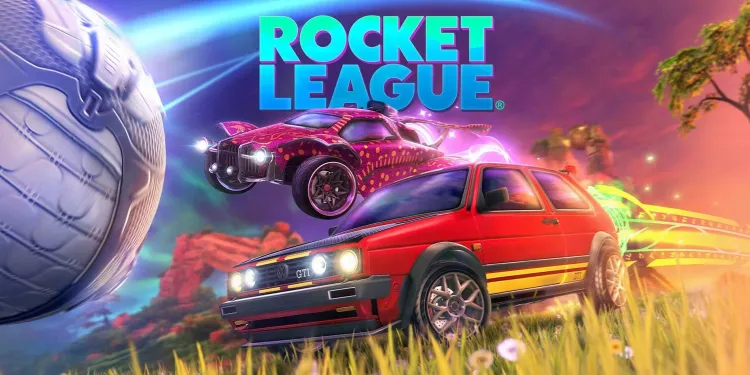Rocket League Bid Farewell to Player-to-Player Trading, but New Possibilities Emerge
Rocket League is set to bid adieu to its player-to-player trading feature come December, aligning with the cosmetic and item shop policies dictated by parent company Epic Games. While the removal of trading may seem like a loss for the game, Psyonix, the developer of Rocket League, hints at exciting developments down the road.
Initially launched in July 2015 as the successor to Supersonic Acrobatic Rocket-Powered Battle-Cars, Rocket League swiftly became an indie sensation, captivating millions of players worldwide. A pivotal moment in its early journey was its inclusion in the PlayStation Plus subscription, which provided it with an enormous player base. In the eight years following its debut, Psyonix expanded Rocket League to various platforms and introduced numerous updates, injecting fresh content into the game. In September 2020, Rocket League made the pivotal transition to free-to-play across all platforms, removing barriers to entry for aspiring players.
Player-to-player trading in Rocket League is scheduled for retirement on December 5 at 4:00 PM PDT. Psyonix's decision is guided by Epic Games' stance on in-game cosmetics and item shops, which prohibits the trading, transfer, or sale of in-game items between players. Psyonix, however, suggests that this change opens up new avenues for Rocket League vehicles to appear in other Epic Games titles, allowing for cross-game ownership. Although the specific games in which this feature will be implemented remain unspecified, it promises intriguing possibilities.

The trade-in system for Rocket League blueprints and items will continue to operate even after player-to-player trading becomes a relic of the past. Players can still trade in unwanted items to receive random, higher-rarity items. Psyonix cautions against third-party trading websites, which will be rendered illegitimate following the removal of the trading feature. The Rocket League support team will not be able to assist players in reversing trades leading up to the deadline.
While the removal of trading may disappoint some players, Psyonix remains committed to improving the game and its existing features, including trade-ins. Additionally, the developer is exploring new features for Rocket League that could open exciting possibilities for players. If plans for cross-game ownership come to fruition, collaborations with games like Fall Guys and Fortnite may introduce fresh, captivating experiences.
With Rocket League Season 13 set to kick off in early December 2023, it will likely follow shortly after the trading feature's departure. Players can look forward to acquiring and unlocking new cars in Season 13, as well as enjoying enticing rewards through various events over the following months. Psyonix may also consider adjustments to its plans for future Rocket League seasons to address any waning enthusiasm for Battle Pass content.

Comments